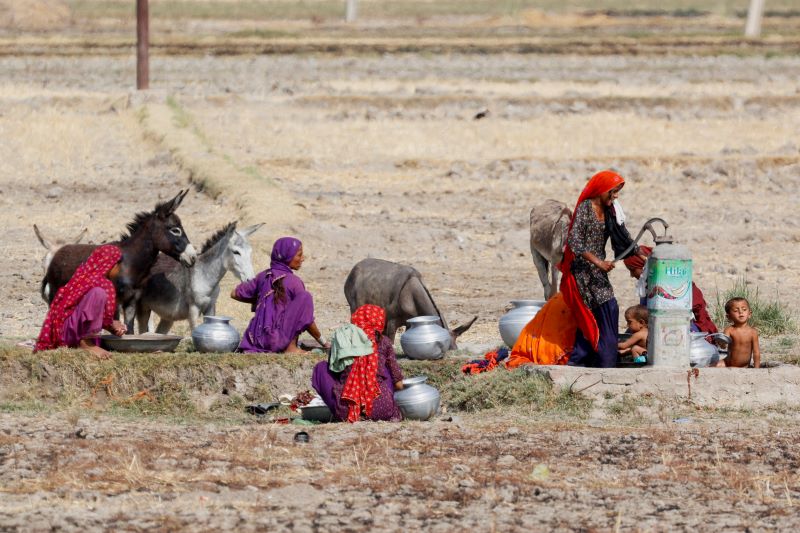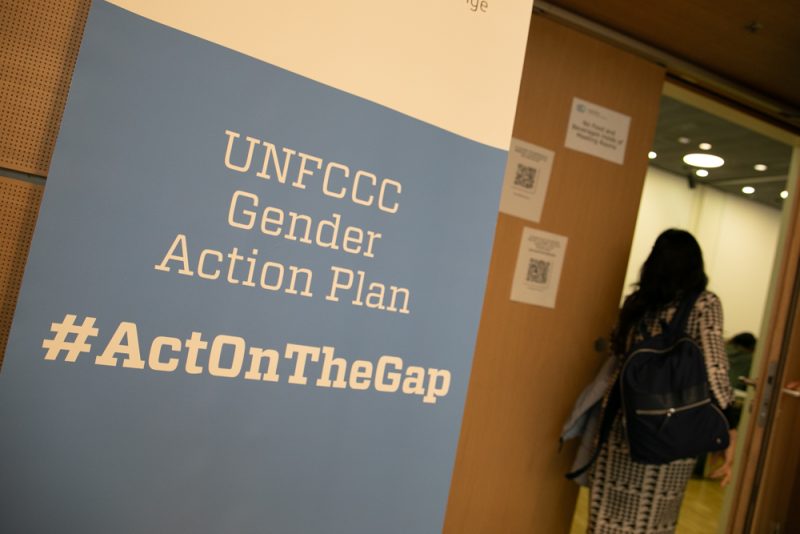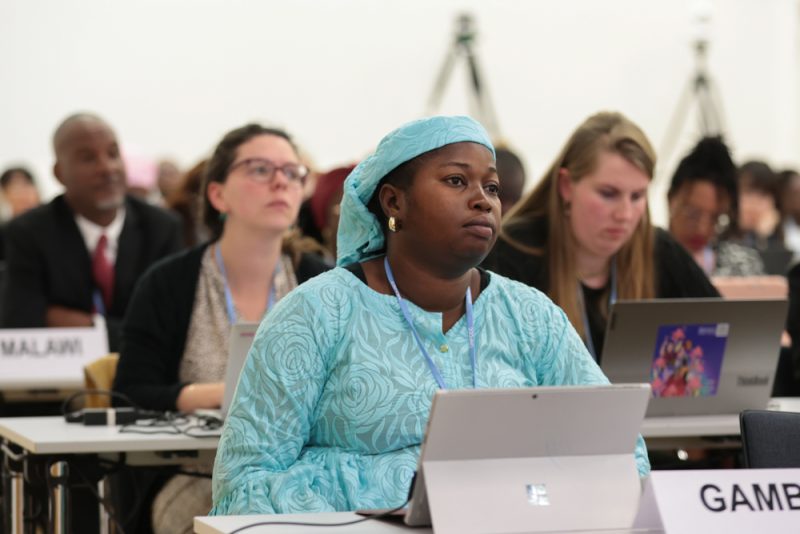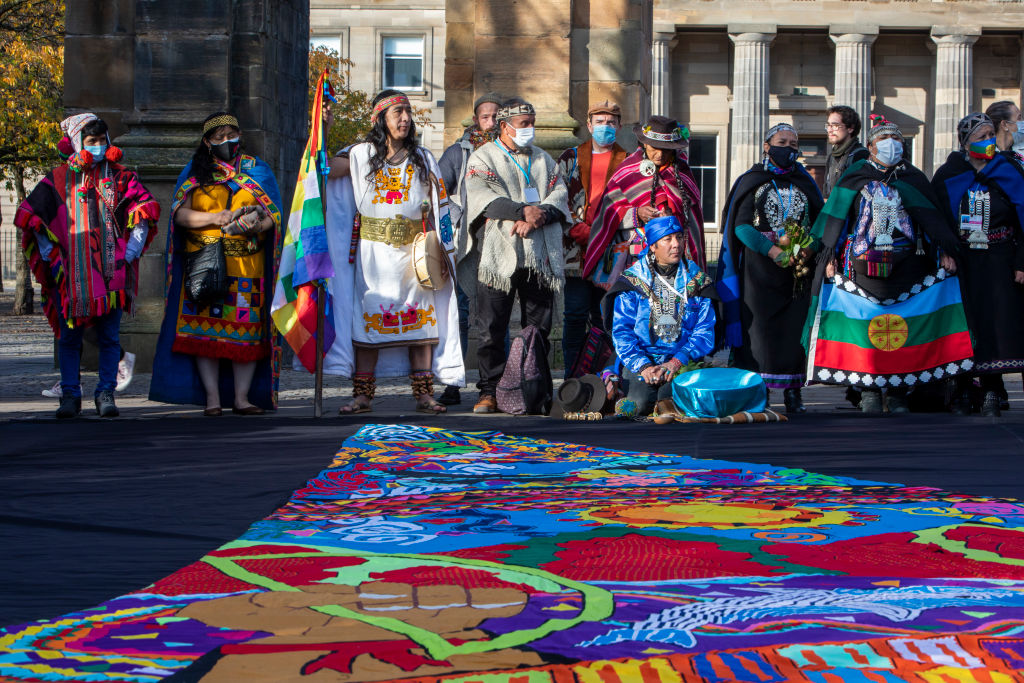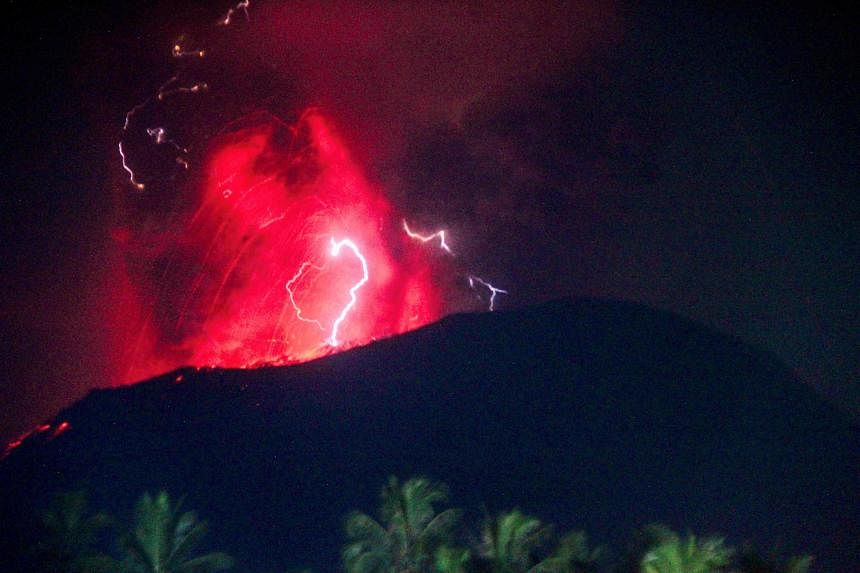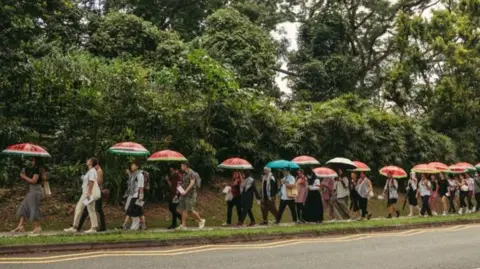By Jewish News Syndicate Staff | Friday, 28 June 2024
Israel and Jewish issues played a small but explosive role in the presidential debate between U.S. President Joe Biden and former President Donald Trump on Thursday night.
In an exchange about what leverage Biden would use to get Hamas to agree to a cease-fire-for-hostages deal that he announced in May, Trump accused Biden of wanting to let Hamas remain in power.
"Israel is the one, and you should let 'em go and let 'em finish the job," Trump said. "He doesn't want to do it. He's become like a Palestinian. But they don't like him because he's a very bad Palestinian, he's a weak one."
Biden in his preceding answer claimed that he had "saved Israel," but that the Jewish state had "killed a lot of innocent people."
"We're providing Israel with all the weapons they need and when they need them," Biden said, in apparent reference to accusations that he has been slow-walking arms shipments to Israel. "They've been greatly weakened, Hamas, and they should be eliminated. But you've got to be careful when using certain weapons among population centers."
U.S. foreign policy and the Israeli response to the Oct. 7 terrorist attacks occupied only a fraction of the 90-minute debate, which focused largely on domestic issues and the respective records of the two presidents in office.
Biden's at-times halting and difficult-to-understand responses provoked immediate comment from Trump with obvious implications about Biden's age and fitness for a second term.
"I'm going to continue to move until we get the total ban on the total initiative relative to what we can do with more border patrol and more asylum officers," Biden said in response to a question about immigration.
"I really don't know what he said at the end of that sentence," Trump replied. "I don't think he knows what he said either."
The format of the CNN debate at times also seemed to help Trump with Biden cutting off his own answers mid-sentence at the end of the time limit when his microphone was about to be muted, per the rules.
"We finally beat Medicare," Biden said, as part of an unclear answer to a question about the national debt.
"He was right, he did beat Medicare," Trump replied, transitioning to illegal immigration. "Because all of these people are coming in, they're putting them on Medicare, they're putting them on Social Security. They're gonna destroy Social Security. This man is going to single-handedly destroy Social Security."
Trump faced tougher questions from Biden after the first 30 minutes of the debate, when the moderators shifted to discussing Trump's actions on Jan. 6, 2021, and his personal and legal conduct.
"How many billions of dollars do you owe in civil penalties for molesting a woman in public, for doing a whole range of things, for having sex with a porn star on a night while your wife is pregnant?" Biden asked. "What are you talking about? You have the morals of an alley cat."
The weakness of Biden's overall performance nonetheless prompted questions about whether he can remain the Democratic nominee for president.
"Mark my words … Biden will not be the Democrat nominee," former Republican candidate for president Nikki Haley wrote on social media. "Republicans, get your guard up!"
No questions in the debate referred to the explosion of antisemitism on college campuses since Oct. 7, but Trump compared that wave of Jew-hatred to the alt-right, antisemitic demonstration in Charlottesville, Va., in August 2017 that Biden repeatedly alluded to in his closing remarks.
"You talk about Charlottesville, this is 100 times Charlottesville, 1,000 times Charlottesville, the whole country is exploding because of you, because they don't respect you," Trump said. "And they have to respect their president."
In a presidential debate marked by incoherence and lies, Donald Trump attacked Joe Biden, saying "he’s become like a Palestinian" for supposedly withholding total support for Israel's genocidal assault on Gaza.
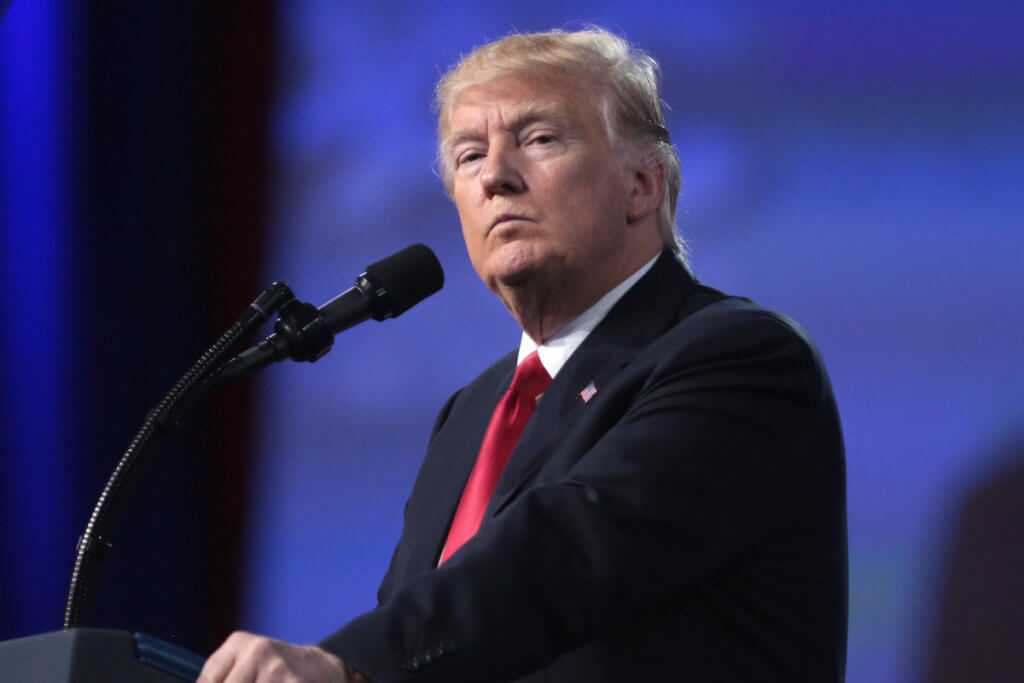
President Joe Biden and presumptive GOP nominee Donald Trump were asked about Israel’s assault on Gaza during Thursday night’s distressing debate.
Biden insisted that Hamas had been “greatly weakened” and said the group should be eliminated, but added that Israel “had to be careful” about dropping large bombs in heavily populated areas.
He also said that parties were nearing a ceasefire as a result of a three-phase plan.
“The first stage is trade the hostages for a cease-fire,” said Biden. “Second phase is a cease-fire with additional conditions. The third phase is for the end of the war. The only one who wants the war to continue is Hamas. They’re the only one still holding out.”
“Israel is the one. And you should let them go and let them go finish the job. He doesn’t want to do it,” responded Trump. “He’s become like a Palestinian, but they don’t like him because he’s a very bad Palestinian. He’s a weak one.”
“I’ve never heard so much foolishness,” said Biden.
“A US president just turned ‘Palestinian’ into a slur to attack another US president,” tweeted Mondoweiss Culture Editor Mohammed El-Kurd. “‘Palestinian’ was used as a slur against the person funding and enabling the genocide of the Palestinian People…. Ok.”
“Trump just throwing around ‘Palestinian’ as a pejorative,” said Zeteo’s Mehdi Hasan. “Brazen anti-Palestinian racism has been normalized in America.”
“Trump just called Biden a Palestinian… ‘a bad one’,” wrote professor and author Marc Lamont Hill. “So many things are wrong and gross and despicable about this statement…”
Trump’s comment occurred amid a series of foreign policy questions, during a debate that was marked by Biden appearing incredibly weak and incoherent and Trump seeming incredibly unhinged.
Biden touted his support for Israel, which has led to the deaths of nearly 40,000 people and the utter destruction of Gaza, while Trump insisted the October 7th attack wouldn’t have happened if he had still been president.
“Israel would have never been invaded in a million years by Hamas,” said Trump. “You know why? Because Iran was broke with me.”
“I wouldn’t let anybody do business with them,” he explained. “They ran out of money. They were broke. They had no money for Hamas. They had no money for anything. No money for terror. That’s why you had no terror at all during my administration. This place, the whole world, is blowing up under him.”
Trump returned to the subject during his closing remarks. “We didn’t stop Israel – it was such a horrible thing, it would have never happened, it should have never happened,” he told viewers. “Iran was broke. Anybody who did business with Iran, including China, couldn’t do business with the United States. They all passed. Iran was broke, they had no money for Hamas or Hezbollah, for terror. No money whatsoever.”
Trump also said that the recent Gaza protests were a thousand times worse than the white supremacist rallies that took place in Charlottesville during 2017.
“We have the Palestinians and everybody else rioting all over the place,” he said. “You talk about Charlottesville – this is a hundred times, a thousand times Charlottesville. The whole country is exploding because of you, because they don’t respect you.”
Trump recently told a group of Jewish donors that he would crack down on the Palestine solidarity movement if elected and even deport students who were involved. “Well, if you get me elected, and you should really be doing this, if you get me reelected, we’re going to set that movement back 25 or 30 years,” he told the participants of a private round-table event.
Outside the debate, protesters rallied on the streets of Atlanta. Among the group was Gabriel Sanchez, a democratic socialist who ousted a Democratic State Representative in last month’s primary.
“I’m a Georgian. I was born and raised here in America, but I’m a human being first,” Sanchez told the Atlanta Journal-Constitution. “Everything that’s happening in Gaza and the West Bank is horrific. We have to do everything we can to stop it.”
Trump: 'Let Israel finish the job' in Gaza
In the US presidential debate aired on CNN last night, Donald Trump called incumbent Joe Biden a 'bad Palestinian', adding that he should 'let Israel finish the job' in Gaza. Neither candidate addressed the high Palestinian civilian casualty toll since October 2023, where more than 130,000 Palestinians have been killed or injured in Gaza, or the dire humanitarian needs in the Strip in which Israel has imposed a 'man-made famine'.
June 28, 2024
